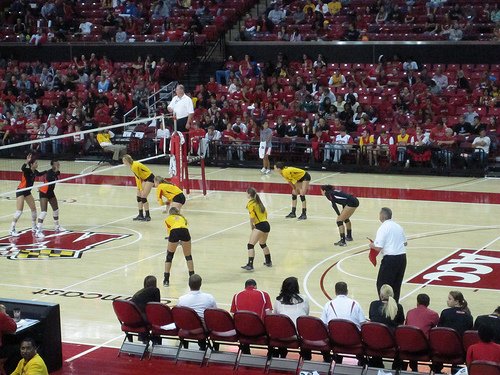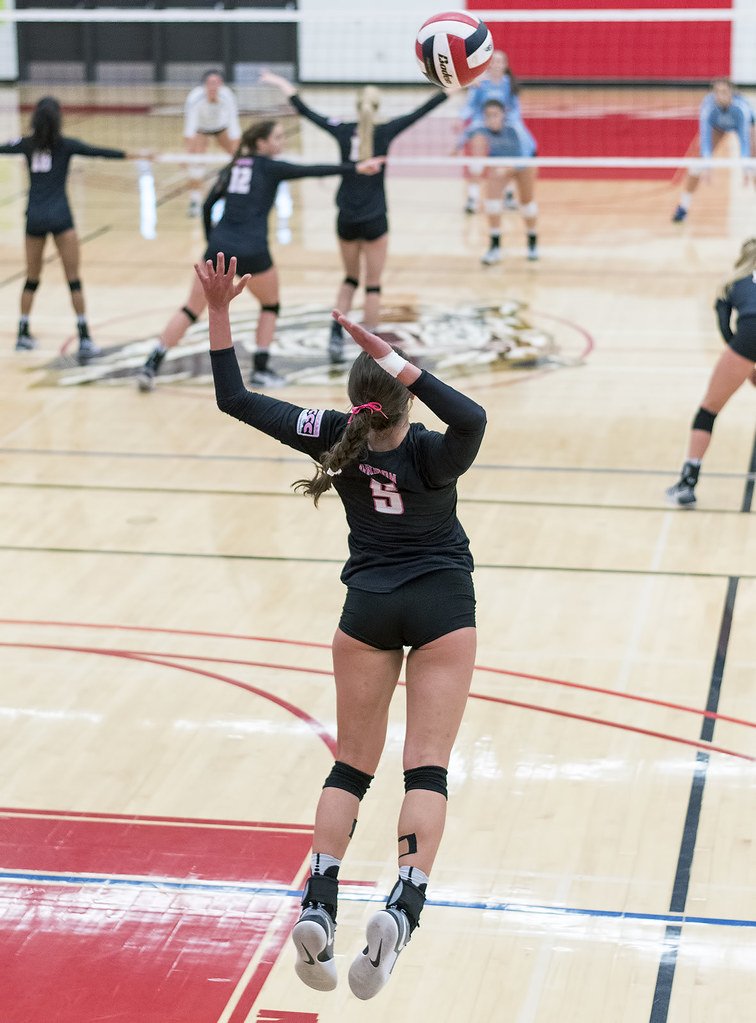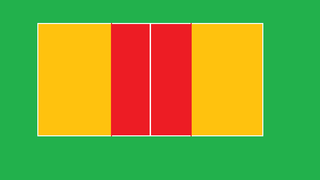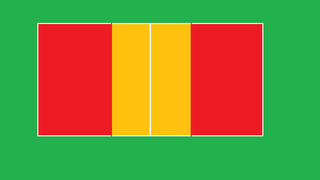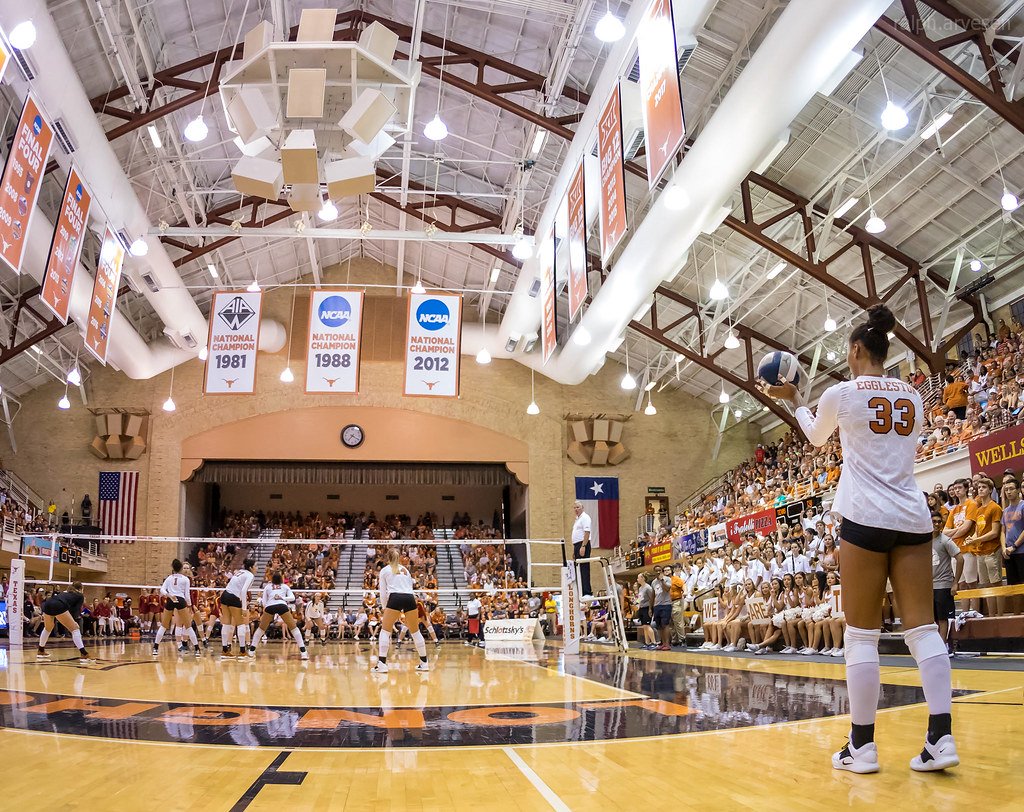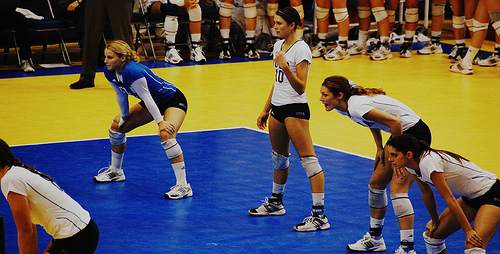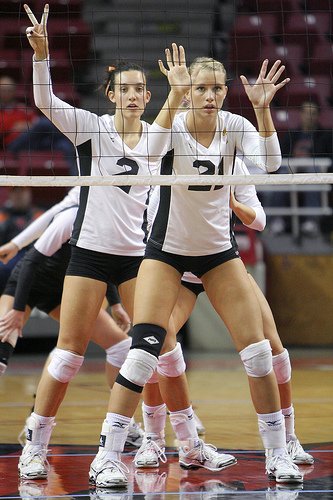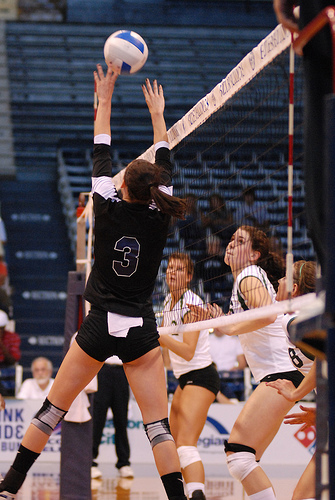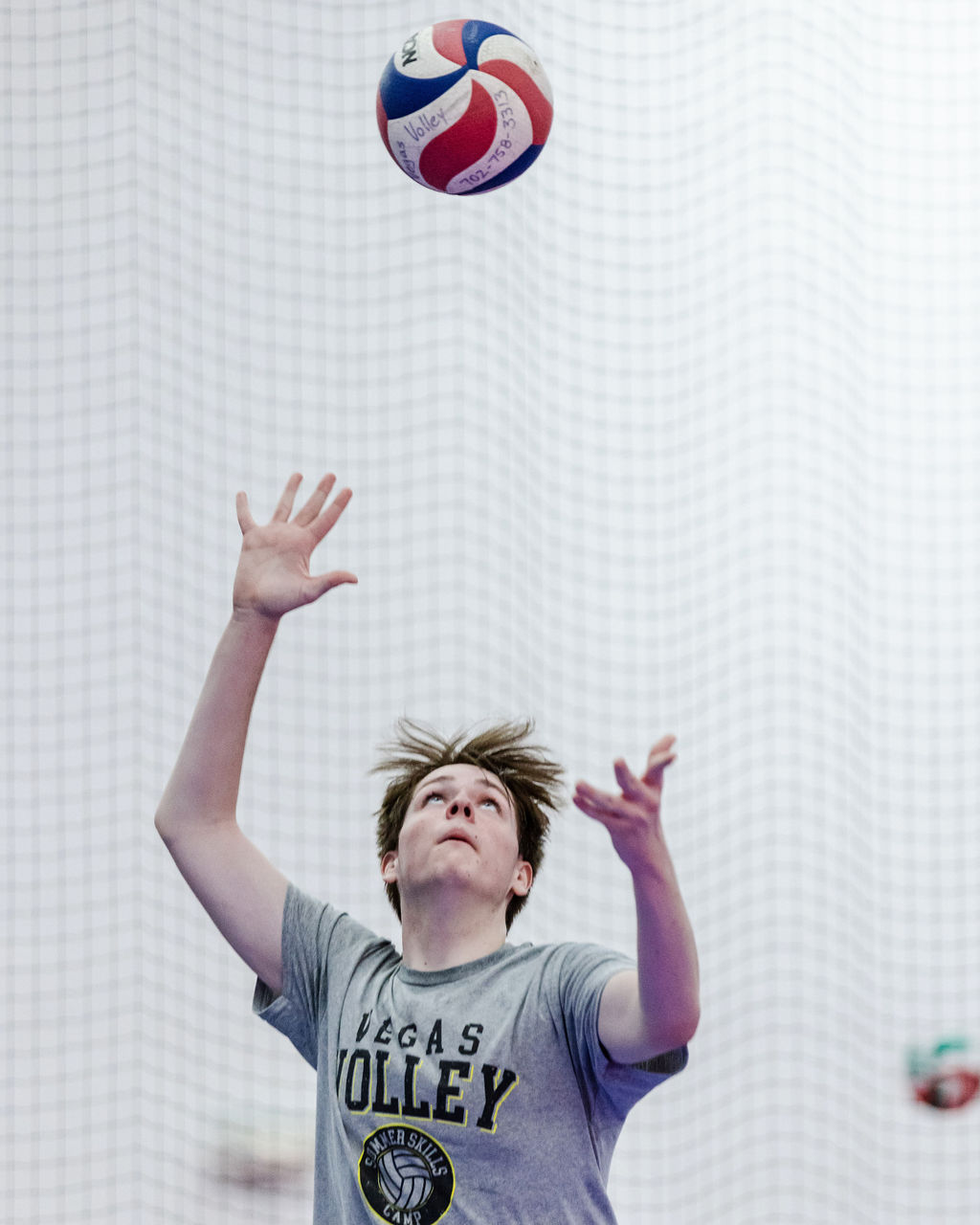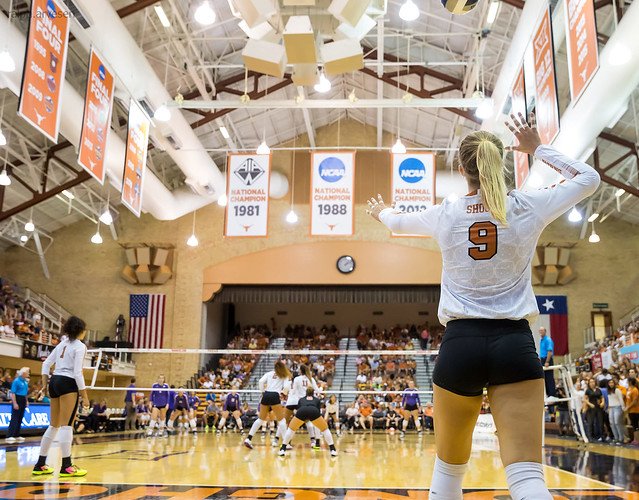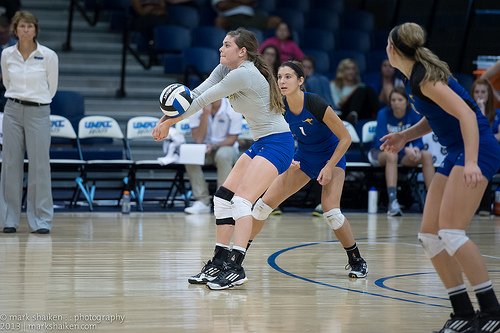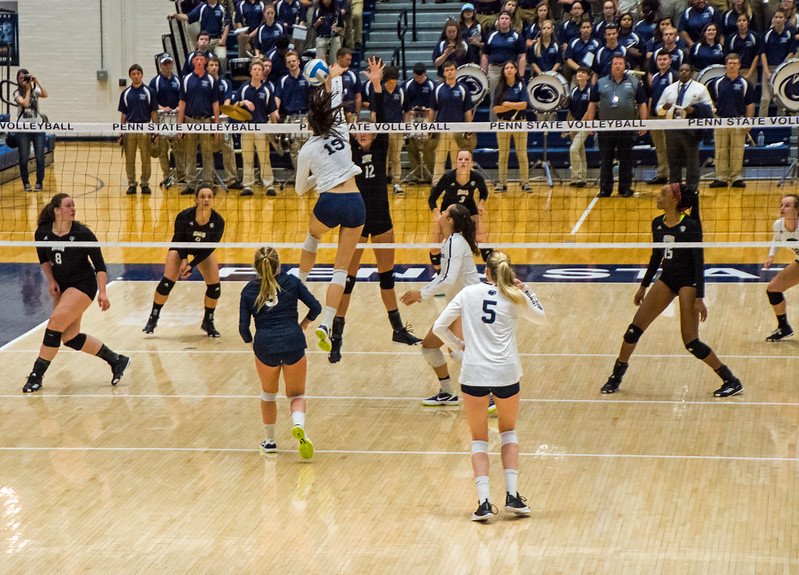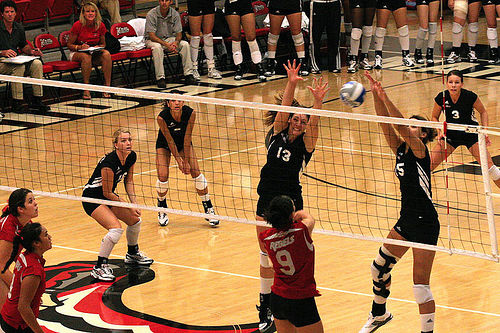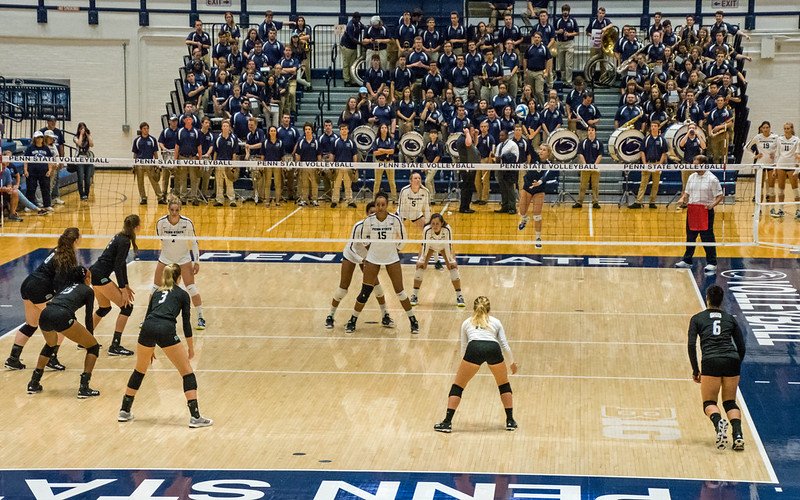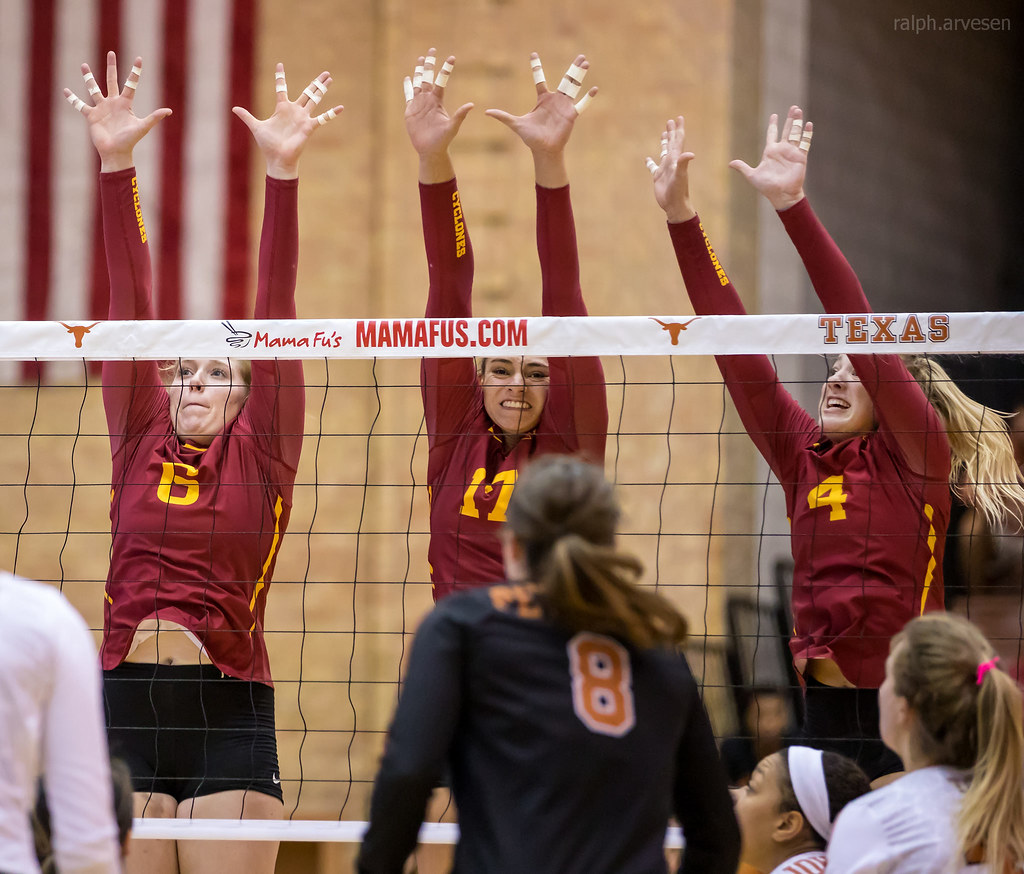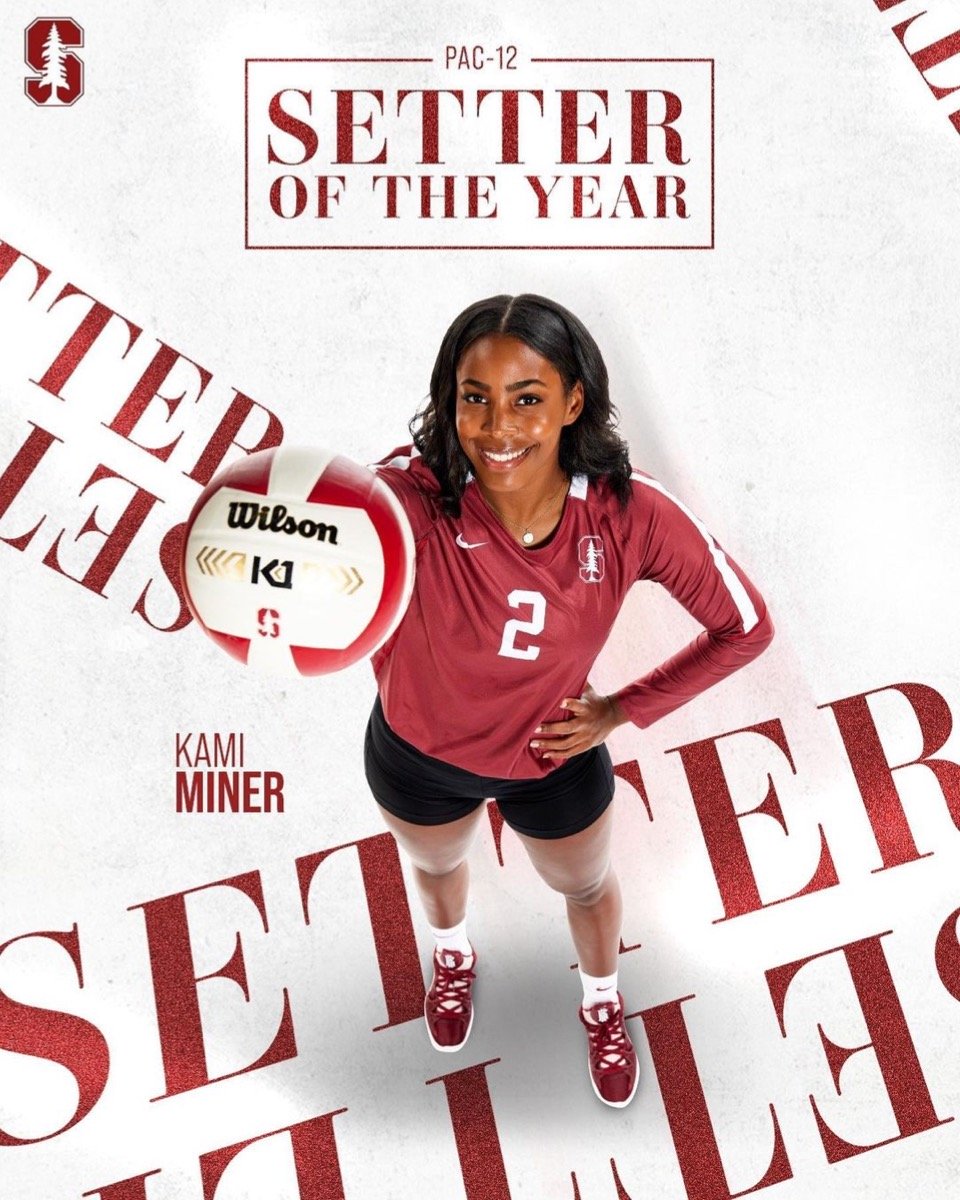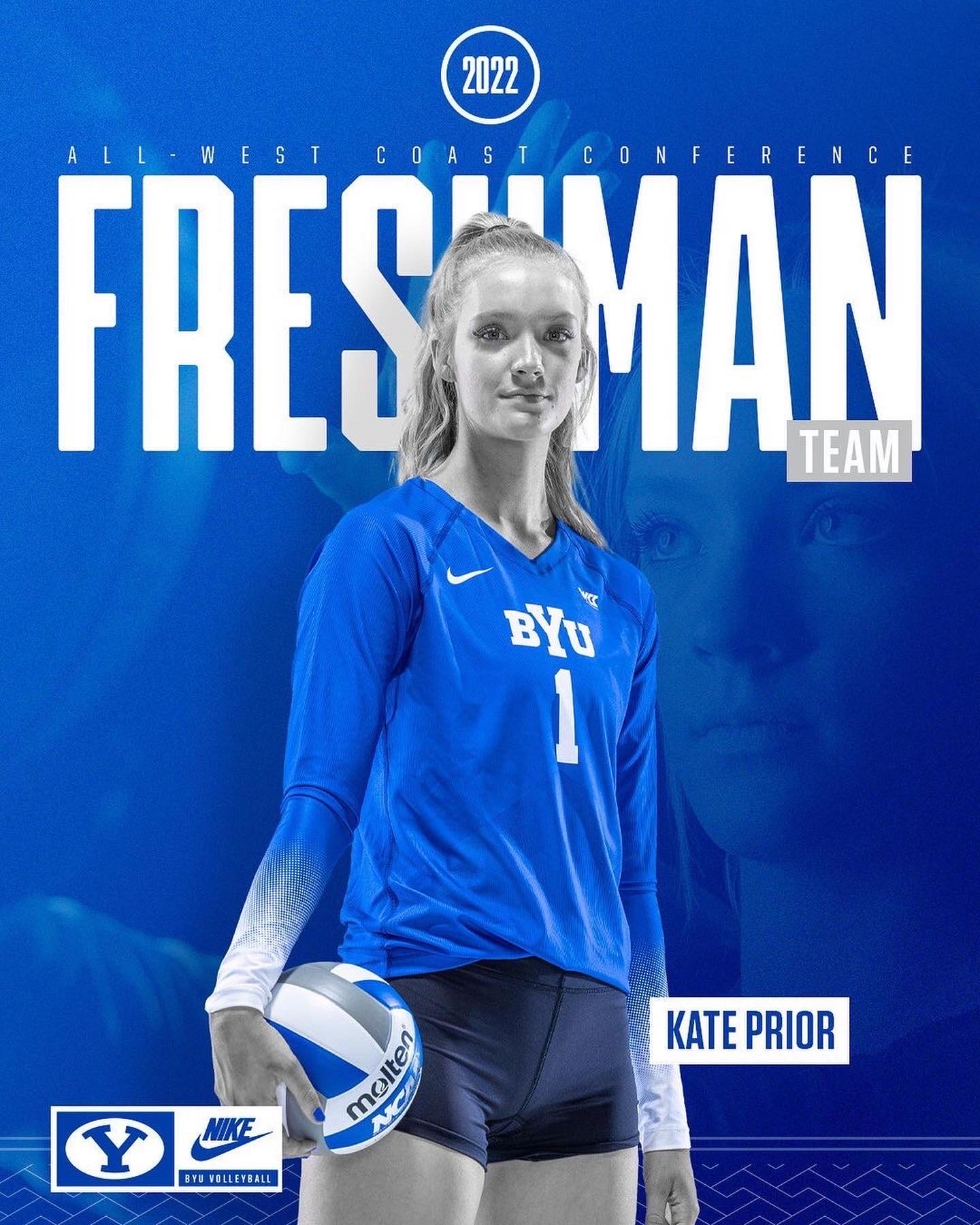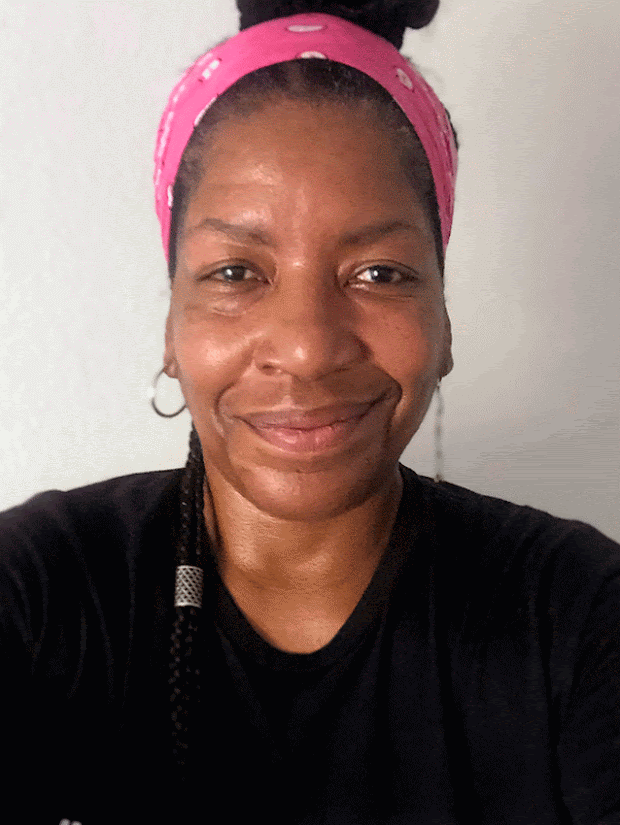- Improve Your Volleyball with Coach April
- Volleyball Game Rules: Serving, Score,
- What're Volleyball Rotations
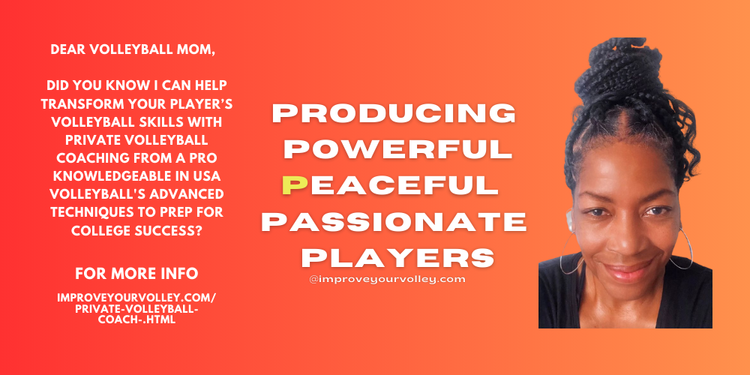 Dear Volleyball Mom,
Do You Know What Sets My Private Volleyball Training Apart From Anyone In Vegas?
I invite You to read what my private volleyball training mission says before considering hiring me as a private volleyball coach because I'm not available for everyone.
Dear Volleyball Mom,
Do You Know What Sets My Private Volleyball Training Apart From Anyone In Vegas?
I invite You to read what my private volleyball training mission says before considering hiring me as a private volleyball coach because I'm not available for everyone.What Are The Volleyball Rotations? 6 Positions on the Court Explained
What are the volleyball rotations and the 6 positions on the court that players on offense and defense rotate in and out of once their team wins a rally?
What are the volleyball rotations on the court?
The more you play, the more you will become familiar with what happens in each area on the court.
What Are The
Volleyball Rotations?
Position 1 - RB - Right Back
The court is divided by the ten foot line.
The area in front of the ten foot line is called the front row and it covers an area of ten feet from the net.
The area behind the ten foot line is called the backrow and covers the remaining 20 feet of the court.
What are the volleyball rotations in the back row?
Let's start in the back row and talk about the most popular rotational position which is Rotational Position 1 or P1 where the ball is traditionally served from.
The serving area or Position 1 is located in the right back area of the court.
You'll hear people say the "RB" or " go right back" which is commonly used as the volleyball terminology for the Position 1 area.
After the referee blows the whistle, this is the area where the player who has rotated into Position 1, will step outside of the endline before putting the ball in play with a serve that sends it into the opposing team's court which starts the rally between the two teams.
What Are The
Volleyball Rotations?
Position 6 - MB - Middle Back
Players rotate clockwise on the court.
With the exception of the first serve of the game, a team must rotate one position after they've been granted the right to serve the ball.
Think about it, if a team never rotated then for the entire game or match, the first player to serve the ball would serve the ball over and over again for the entire competition.
The "MB" or "middle back" is one of the commonly used court terms that describes the position on the court called Rotational Court Position 6.
So now you started in zone 1 but you slide over to be in Position 6 (P6).
The other five players would also rotate--one position-sliding clockwise from one rotational court position to the next.
What Are The
Volleyball Rotations?
Position 5 - LB - Left Back
The player who started in zone 6 will slide over to be in the left back area on the court which is zone 5.
The "LB" or "left back" is commonly used terminology that means Zone 5 on an indoor court.
Once your new server has served the ball, this player in zone 5 will do one of the following three things now that her team is on defense and is about to serve the ball.
a) This player will stay in zone 5 to play defense and pick up any balls that are hit and tipped to this left back area of the court.
This is the more common option for less advanced and beginner volleyball teams that aren't running any strategic defensive plays.
There's much more area of zone 6 to cover so a coach will often have their best, most agile defensive player, play defense in the middle back position since they are better at picking up more balls in the back court area.
Depending on the team you play on that could be the libero or it could the left side outside hitter.
In the photo below, after the referee blows the whistle the Xavier volleyball player #9 in the right front zone in this rotation, will switch to play in the left front area in the front row since she's a left side hitter.
Once she makes the switch, she will block on the left side and in transition when her team gets the ball she will hit on the left side because...she's a left side player and that's what she spends hours in practice training to become the best left side player she can be.
Her teammate who's number we can't see but is behind her in the front row, will switch to play in zone 2, the right front zone, while #6 the middle blocker will stay to play in zone 3, the middle front area of the court which is the area of the court or the position she is trained to specialize in.
In the photo above, the Illinois State Redbirds that are on defense in the front row are positioned to switch with each other in order to play in their specialized positions once the referee blows the whistle.
When the rally ends they switch back to the rotational court position they were in before the referee blew the whistle that started the rally.
What Are The
Volleyball Rotations?
Position 4 - LF - Left Front
Position 4 also known as P4 or Zone 4 is the first front row rotational position on the court a player will rotate into once they have rotated up to the front row.
The "LF" or "left front" is common volleyball terminology which refers to the Position 4 area of the court.
What Are The
Volleyball Rotations?
Position 3 - MF -Middle Front
Zone 3 is the middle front zone which is opposite to or in front of Zone 6 the middle back area in the back row.
The "MF" or "middle front" is common court volleyball terminology used to describe Zone 3.
Players that train to be middle blockers will switch into the Zone 3 position at the beginning of the rally.
What Are The
Volleyball Rotations?
Position 2 - RF - Right Front
Rotating across the net one more time from zone 3 you would move to to your right if you were facing the net to zone 2 which is the right front area of the court.
The "RF" or "right front" is commonly used volleyball terminology for Position 2 or P2.
Zone 2 is where the setter always switches to when they're in the front row, regardless of the rotation they may be in.
When players are taught to pass a volleyball, they are taught to pass to the right of the center of the net which is the area that separates zone 3 from zone 2.
A setter switches to zone 2 when their team is on defense so that after they block and the ball comes over the net into their team's court, they're already 1-2 steps away from their setter target zone area which is for most teams between zone 2 -3.
From here is where they want to be along the net, so that they can run their team's offense by setting their hitters during a rally.
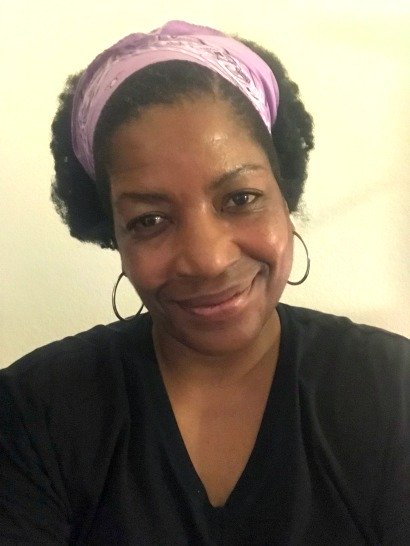
This has been an important message by your favorite volleyball coach! That's me!!
Thanks for visiting.
Be sure to check out more of my volleyball articles by clicking one of the links below! (April Chapple)
Do You Follow Me on Instagram?
Follow me on Instagram @coach_apchap to improve your game even faster!
I share alot of individual, partner and easy-to-do volleyball serving drills we do in class with my followers.
Many of these volleyball practice drills you can do at home by yourself or try at your next practice with your teammates.
If you're a B team or JV player trying to make varsity next year...your goal should be to complete 1000 reps a day of at least three of the basic skills on your own...volleyball passing, serving and setting should be at the top of the list.
What Are The Volleyball Rotations:
Where Do You Go From Here?
Good times! Where do you need to go now? Here are three options:
- Learn more about the Rules.
- Follow the suggested reading on our Sitemap page Learning How To Play (Sitemap)
- Or visit the pages in the Volleyball Rules section in the drop down menu at the top of the page.
SUSCRIBE
To My Email Newsletter Below!
From Lady Vol to Legend: Coach April Produces Powerful Passionate Players...is that you?
What Are You Looking For?
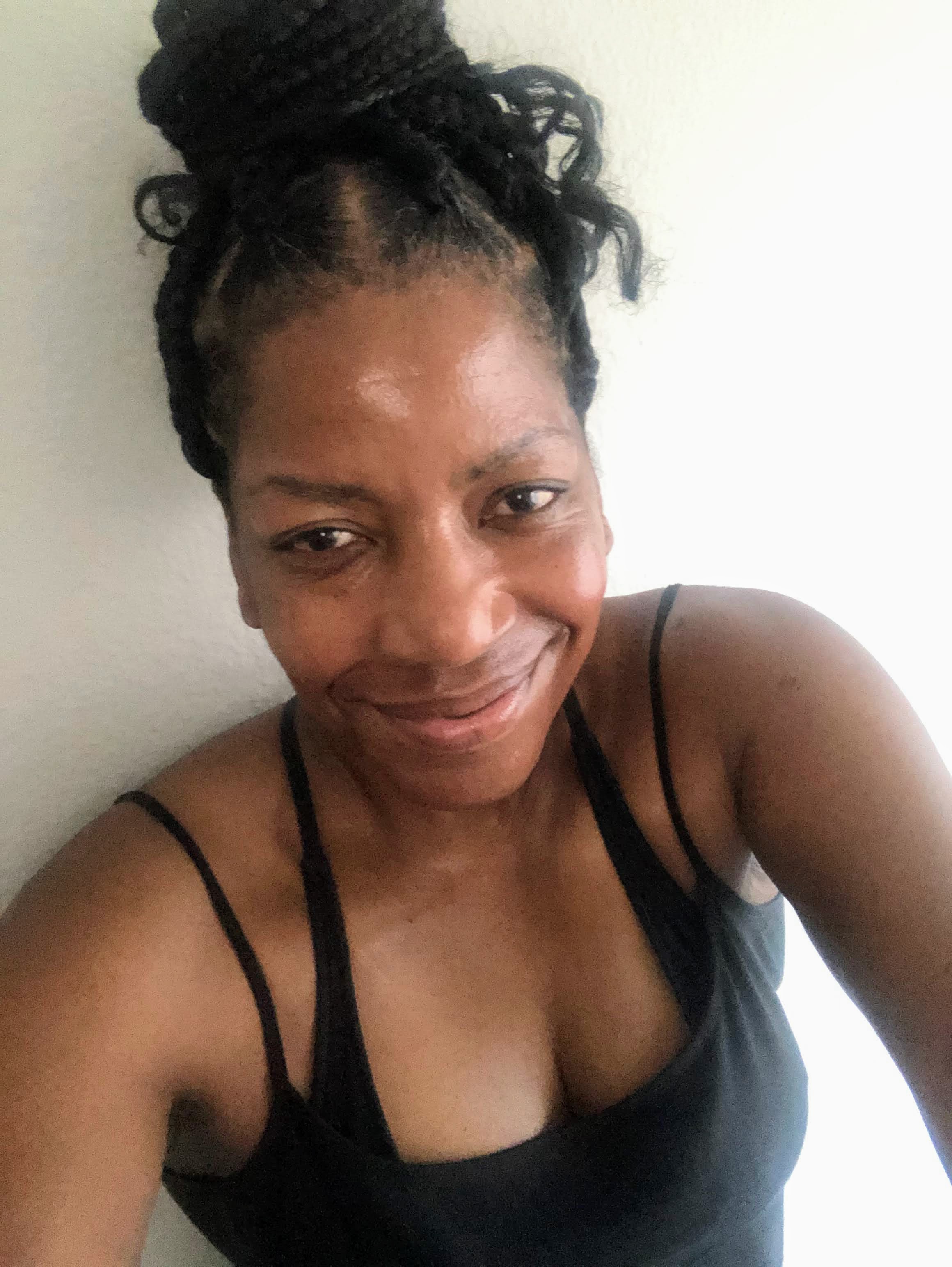
Hi there!
Thanks for stopping by. Hope you learned something today that will help you reach your volleyball goals.
Be sure to subscribe to my email newsletter so you can learn more each week!
Stay strong! Stay motivated!
-Coach April

SUSCRIBE
to my email newsletter below!
Vegas Volleyball's Unsung Heroes: Celebrating Moms with Peace Love Volleyball Shirts
Ready to energize your volleyball mom journey?
Subscribe to my 'Producing Powerful Passionate Peaceful Players' email list above on ImproveYourVolley.com.
You'll receive energy-boosting tips, exclusive insights from me, Coach April Chapple on maintaining momentum in volleyball.
Let's power up the Vegas volleyball scene together!
Recent Articles
-
Frequently Asked Libero Volleyball Position Questions Answered
Apr 14, 25 08:10 PM
I answer the most frequently asked libero volleyball position questions many players and coaches ask that will help you learn about the player responsibilities. -
Coach April's Peace Love Volleyball Phrases For T-Shirts Honor Moms
Apr 13, 25 03:49 PM
Whether on the court or in everyday life, April Chapple's volleyball phrases for t-shirts are serving inspiration for players and moms, one message at a time. -
What Is A Setter In Volleyball? My Setting Guide With Answers To FAQs
Apr 13, 25 12:36 AM
Learn what a volleyball setter is from a champion coach. Get expert insights, training tips, and proven strategies for volleyball's most strategic position.
